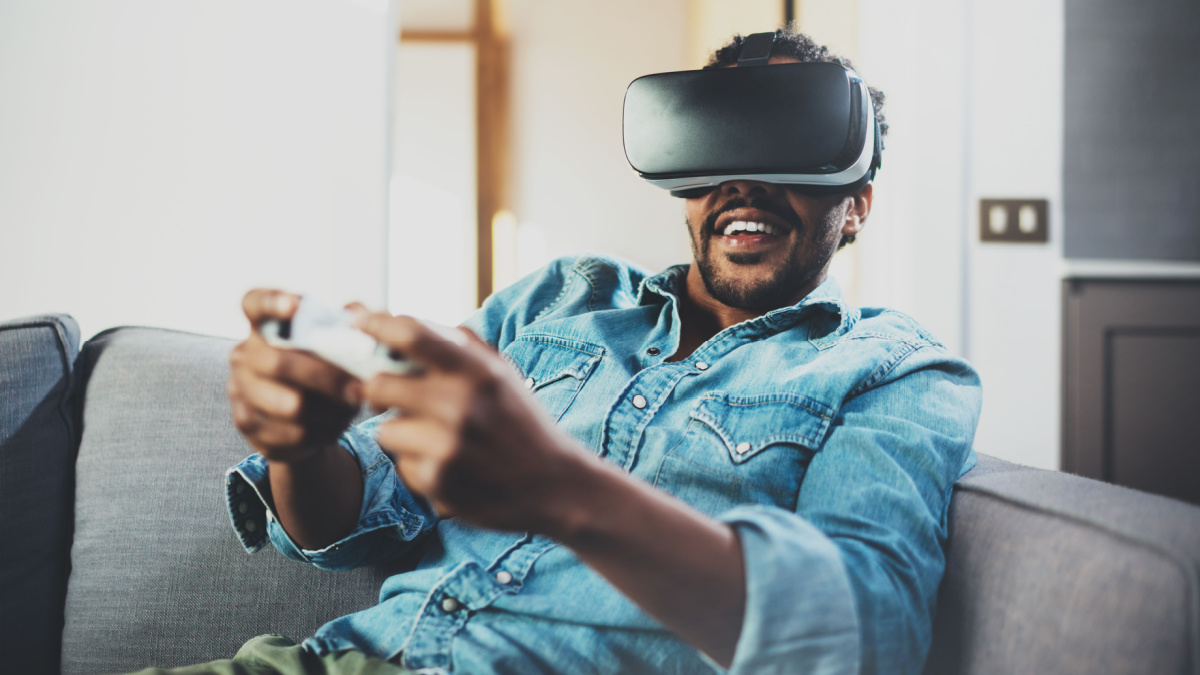In today’s digital age, screen time has become an integral part of our daily lives. With the increasing use of smartphones, tablets, laptops, and other digital devices, it has become essential to manage our screen time effectively. Screen time management is crucial because excessive screen time can have negative impacts on our physical and mental health, including poor sleep quality, obesity, eye strain, and addiction.
Moreover, screen time management is essential for children and teenagers as they are more vulnerable to the negative effects of excessive screen time. Parents and caregivers play a vital role in monitoring and limiting their children’s screen time to ensure their overall well-being. Therefore, it is crucial to prioritize the importance of screen time management to promote a healthy and balanced lifestyle in today’s digital world.
The Pros And Cons Of Social Media
Social media has become a fundamental part of our lives, and it has both advantages and disadvantages. One of the pros of social media is that it allows us to connect with people from all over the world. We can communicate with friends and family who are far away, and we can also meet new people with similar interests. Social media also provides us with a platform to share our thoughts, opinions, and experiences with others.
However, social media also has its cons. One of the biggest drawbacks of social media is that they can be addictive. Many people spend hours scrolling through their social media feeds, which can lead to procrastination and a lack of productivity. Social media can also be a source of negativity, as cyberbullying and hate speech can spread quickly on these platforms. Additionally, social media can have a negative impact on mental health, as it can lead to feelings of anxiety, depression, and loneliness.
The Pros And Cons Of Video Games
Playing video comes with its own pros and cons. While it can be entertaining, too much playing can cause addiction, leading to several health problems. On the positive side, video games can improve cognitive skills such as problem-solving, decision-making, and spatial awareness. They can also provide a fun and engaging way to socialize with friends and family, either online or in person.
On the negative side, excessive video game use can lead to addiction, social isolation, and poor academic performance. Violent or graphic video games can also have a negative impact on mental health and behavior, especially in younger players. This is why moderation must be observed when it comes to video game use, and to be aware of the potential risks and benefits.
How Social Media Affect Mental Health
The effect of social media has become a growing concern for most people in many years. According to research, teens and young adults have been hooked to Facebook, Instagram, and TikTok which lead to feelings of anxiety, depression, and loneliness. This is especially true when users try to bash each other.
Social media platforms have also been found to trigger comparisons between individuals, leading to feelings of inadequacy and low self-esteem. Additionally, the constant need to stay connected and keep up with social media can lead to a sense of being overwhelmed and stressed, negatively impacting mental health.
It is worth noting to that not all social media use is harmful, and there are ways to use social media in a healthy manner. Setting boundaries, such as limiting daily use and turning off notifications, can help reduce the negative effects of social media on mental health. Additionally, engaging in positive and meaningful interactions on social media, such as connecting with friends and family or participating in supportive communities, can have a positive impact on mental health. Overall you should be mindful of the impact that social media has on mental health and to use it in a way that promotes well-being.
The Impact Of Video Games On Mental Health
Video games have been a topic of debate for decades, with some arguing that they have a negative impact on mental health. However, recent studies have shown that video games can have positive effects on mental health, such as reducing anxiety and depression. Additionally, video games can improve cognitive function, spatial reasoning, and problem-solving skills.
However, it is important to note that excessive video game use can lead to addiction and other negative effects on mental health. It is crucial for individuals to find a healthy balance between playing video games and engaging in other activities that promote mental and physical well-being. Parents and caregivers can also play a role in monitoring and regulating their children’s video game use to ensure it does not negatively impact their mental health.
Strategies for Managing Screen Time
Excessive screen time can have negative impacts on our physical and mental health. Therefore, it is crucial to adopt strategies for managing screen time. One such strategy is setting limits on the amount of time spent on screens. This can be done by using apps that track screen time and setting reminders to take breaks. Another strategy is to prioritize offline activities such as exercise, reading, and spending time with friends and family.
It is also important to create a healthy screen environment by reducing blue light exposure, adjusting screen brightness, and sitting at an appropriate distance from the screen. Additionally, parents can play a crucial role in managing their children’s screen time by setting age-appropriate limits, encouraging screen-free activities, and monitoring online content. By adopting these strategies, we can ensure that screen time remains a positive aspect of our lives without compromising our health and wellbeing.
Finding A Balance: Combining Social Media And Video Games
Finding a balance between social media and video games is crucial for individuals who are seeking to maintain a healthy lifestyle. While both social media and video games can be fun and entertaining, they can also be addictive and detrimental to one’s well-being if not used in moderation. Try to find a balance between the two by setting limits on screen time, taking regular breaks, and engaging in other activities that promote physical and mental health.
Combining social media and video games can be a great way to connect with friends and family while also enjoying a shared interest. By finding a balance between social media and video games, individuals can ensure that they are using technology in a healthy and productive way that enhances their overall well-being.
Making Informed Decisions About Screen Time
Making informed decisions about screen time is crucial in today’s digital age. Both social media and video games can have positive and negative impacts on our mental and physical health. The key to preventing drawbacks from using social media is finding the balance. Try to monitor your screen usage and make sure you have other physical activities than using your cellphones.
Additionally, parents should monitor and regulate their children’s screen time to ensure they are not being exposed to inappropriate content or spending excessive amounts of time on screens. By being mindful of our screen time habits, we can improve our overall well-being and lead a healthier lifestyle.




